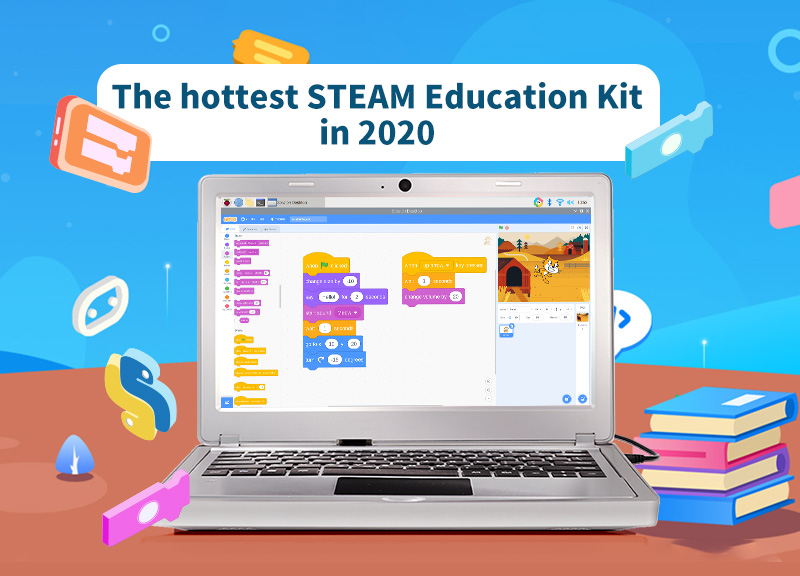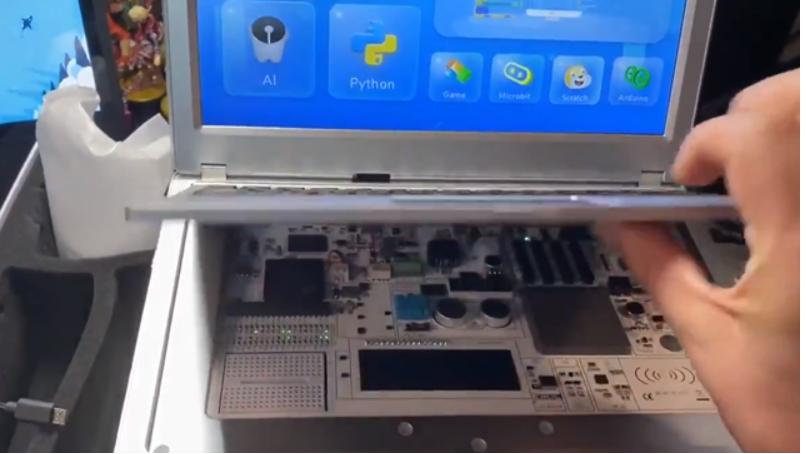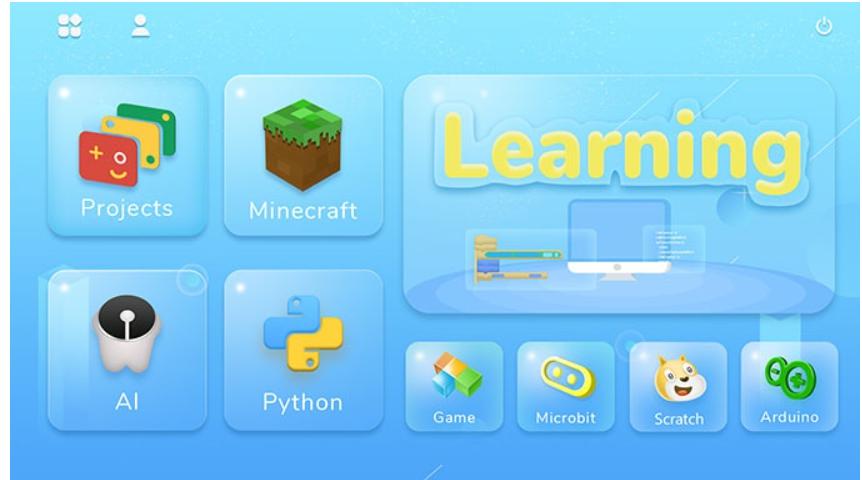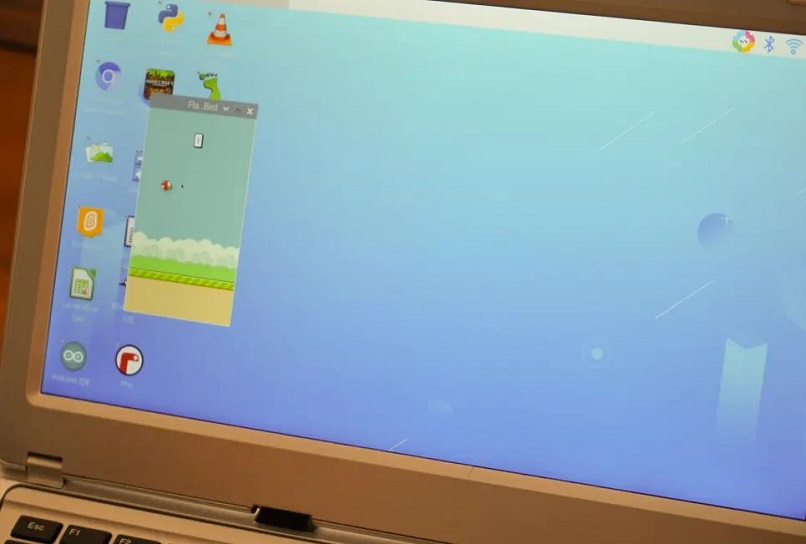Currency
The hottest STEAM Education kit in 2020 – CrowPi2
January 23, 2021

There are many STEAM education kit coming out every year, but which one is the best for your kids? Let’s take a look at the hottest one—CrowPi2 in 2020, maybe we could find something.
It is well known that CrowPi2 has raised over $600,000 in the kickstarter, which has proved its market potential., What makes it different?
From the picture, Inside a diminutive laptop chassis measuring just 291 x 190 x 46mm we see an 11.6 inch 1080P IPS screen and a detachable wireless keyboard with trackpad. Above the screen are a microphone and 2MP webcam which can be used for video calls and as part of your projects.

All of this hardware is nothing without software and CrowPi2 comes with a customized version of Raspberry Pi OS which includes kids coding lessons in Scratch and Python. Also there are video guides to using the included electronics in your projects. It is great to see this level of support and shows an investment in the STEAM (Science, Technology, Engineering, Art and Math) which is currently gaining global mass market attention.

There are two ways to interact with the CrowPi2 software. The default is a simple kiosk mode that lets you perform experiments and learn about the laptop’s various features. You can close this kiosk mode to access the operating system itself and even open a terminal so you can code using more traditional editors like Vim and Emacs.
My eight-year-old immediately clicked the Minecraft button in Kiosk mode and then played some games in Scratch. My older son looked at the laptop and went back to his gaming PC. He knows nerfed hardware when he sees it.

